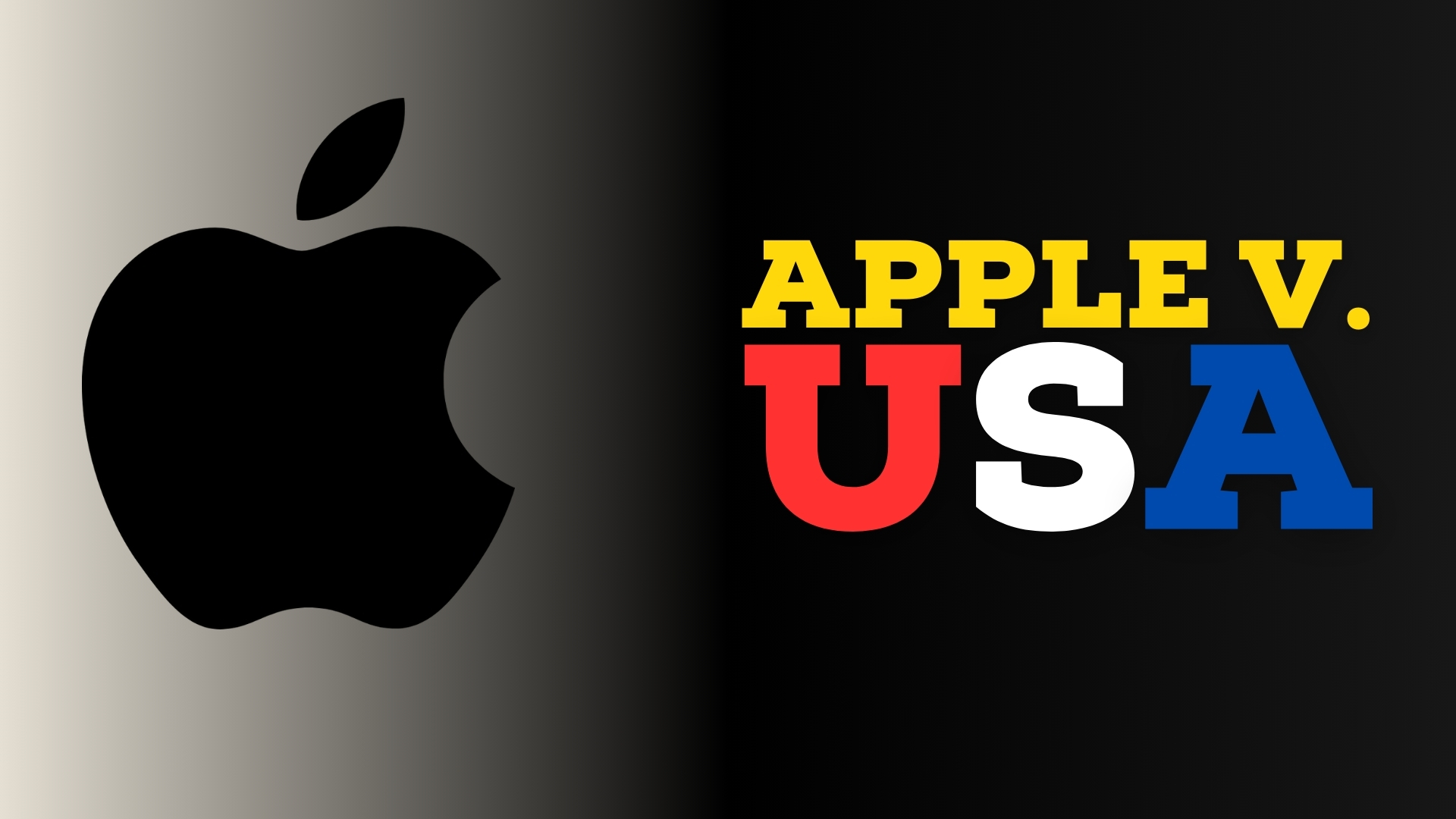
The US Department of Justice has filed a landmark lawsuit alleging that Apple has a smartphone monopoly. In the suit, the government claimed that one of the world's most successful and valuable companies has a stranglehold on phones, and stated bluntly that Apple uses it to extract more money from consumers.
"Apple has gone from revolutionizing the smartphone market to stalling its advancement,” said Deputy Attorney General Lisa Monaco. A report by Reuters suggests the European Union will soon launch a probe into Apple as well -- meaning the company's legal headaches may only just have begun.
Quick facts
- US has filed a landmark lawsuit accusing Apple of a monopoly in the smartphone market.
- Third time since 2009 Apple has been sued by DOJ, first under Biden administration.
- Attorney General Merrick Garland accused Apple of "locking its customers in" and "locking its competitors out."
- Apple says this lawsuit could "hinder our ability to create the kind of technology people expect from Apple."
- Apple shares are down 3.6% today after the announcement.
- Reuters reports the EU is expected to announce an investigation into Apple, Meta, and Google.
The story so far
The DOJ accuses Apple of operating with an illegal monopoly in the smartphone market, a monopoly that lets the company lock down its iPhones against competitors. This "walled garden" has been to the detriment of customers and the greater technology world, the government believes.
"Apple exercises its monopoly power to extract more money from consumers, developers, content creators, artists, publishers, small businesses, and merchants, among others,” the lawsuit says.
Sumit Sharma, senior researcher for tech competition at Consumer Reports, told iMore the organization supported the case: "We applaud the Justice Department’s action against Apple today. It is critical that the U.S. join regulators and competition authorities worldwide to make Apple change the way it does business.”
Along with 16 states, the DOJ says Apple is causing prices to increase for consumers by making them more reliant on their products and preventing competition by restricting developers.
"For years, Apple responded to competitive threats by imposing a series of ‘Whac-A-Mole’ contractual rules and restrictions that have allowed Apple to extract higher prices from consumers, impose higher fees on developers and creators, and to throttle competitive alternatives from rival technologies," said DOJ antitrust division chief, Jonathan Kanter in a statement.
The government points to multiple different ways in which it sees Apple has maintained a monopoly on the smartphone industry in the U.S.:
- Blocking Cloud Streaming apps as this prevents users who want to use stremaing services to not need to buy expensive hardware.
- Preventing "super apps" which they claim "harms all smartphone users" by preventing the consumer from accessing "high quality experiences."
- By keeping iMessage exclusive to the iPhone, Apple is preventing "users to switch phones without changing the way they communicate with friends, family, and others." The DOJ also claims Apple "makes third-party messaging apps on the iPhone worse generally" by "prohibiting third-party apps from sending or receiving carrier-based messages."
- Limiting the functionality of third-party smartwatches on iPhone and keeping Apple Watch exclusive to the iPhone makes it difficult for smartwatch users to switch away from Apple's smartphone.
- " Apple has denied users access to digital wallets that would have provided a wide variety of enhanced features and denied digital wallet developers—often banks—the opportunity to provide advanced digital payments services to their own customers."
The case is currently being filed in the US District Court for the District of New Jersey. This is the third time Apple has been sued by the DOJ since 2009, but the first under the current Biden administration.
Reuters is reporting that the European Union antitrust regulators are expected to announce an investigation into Apple, Meta, and Google following the announcement of the U.S' landmark lawsuit.
Apple's response
Fred Sainz, Apple spokesperson, said that the lawsuit, "threatens who we are and the principles that set Apple products apart in fiercely competitive markets. If successful, it would hinder our ability to create the kind of technology people expect from Apple — where hardware, software, and services intersect. It would also set a dangerous precedent, empowering government to take a heavy hand in designing people’s technology. We believe this lawsuit is wrong on the facts and the law, and we will vigorously defend against it."
There have been reports of a potential DOJ lawsuit against Apple for years and rumors this morning hinted that today would finally be the day to see it surface. Following the announcement, Apple's shares declined about 3.6%.







